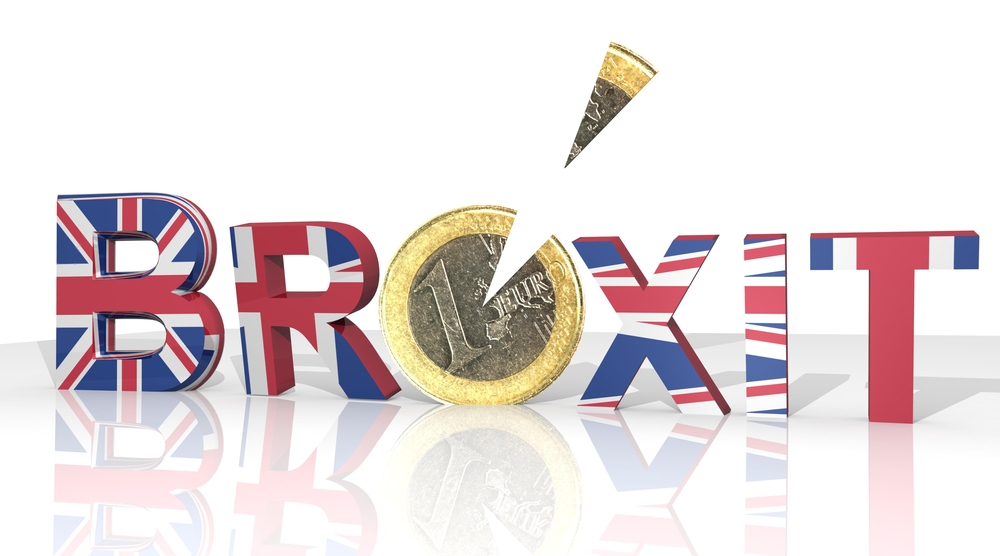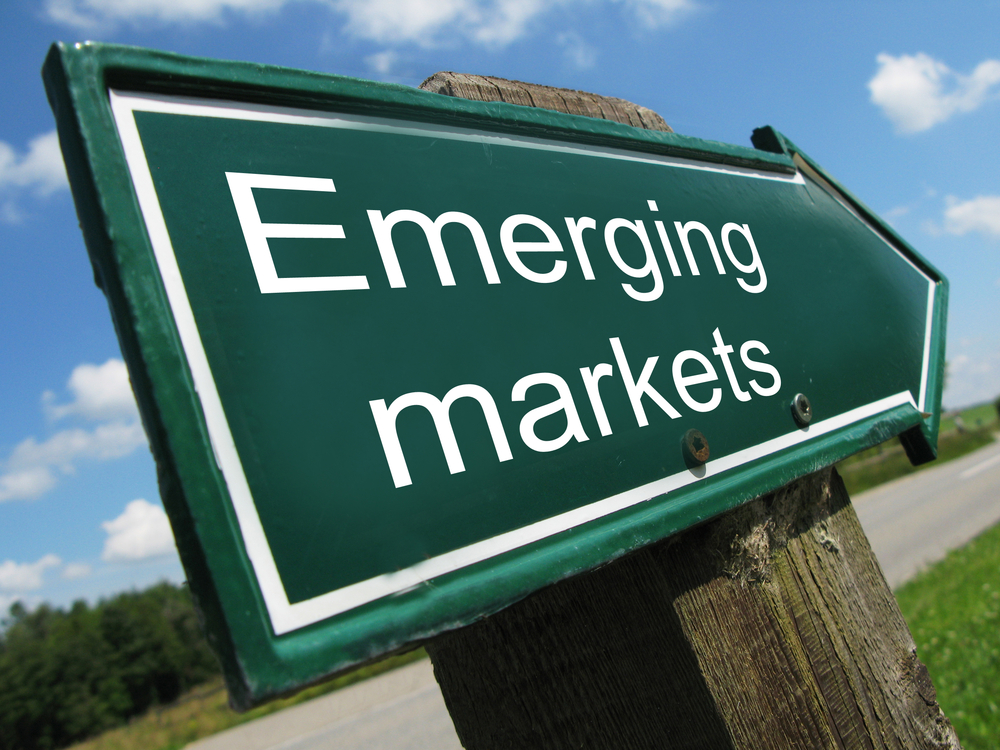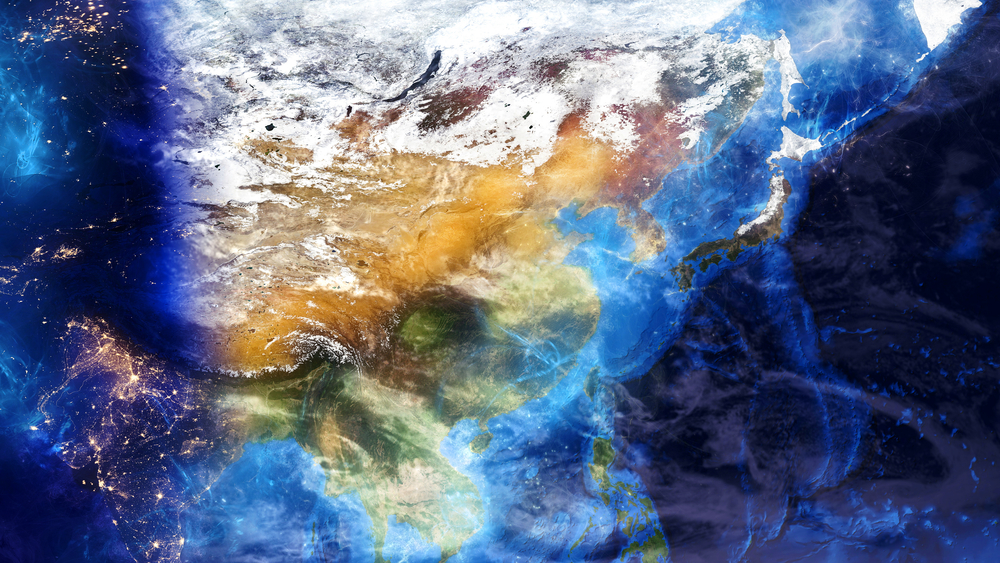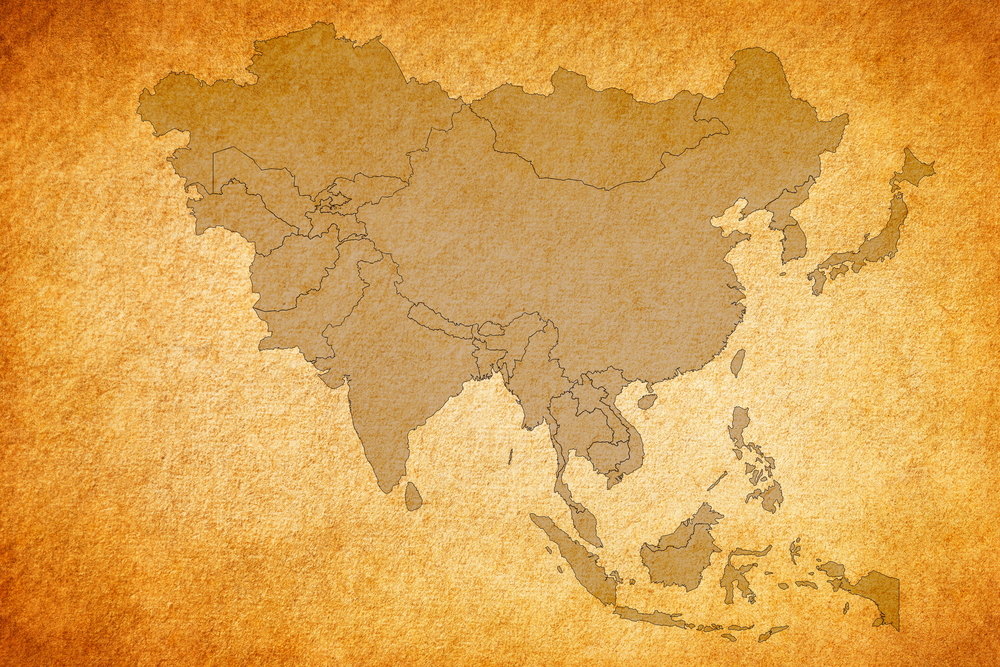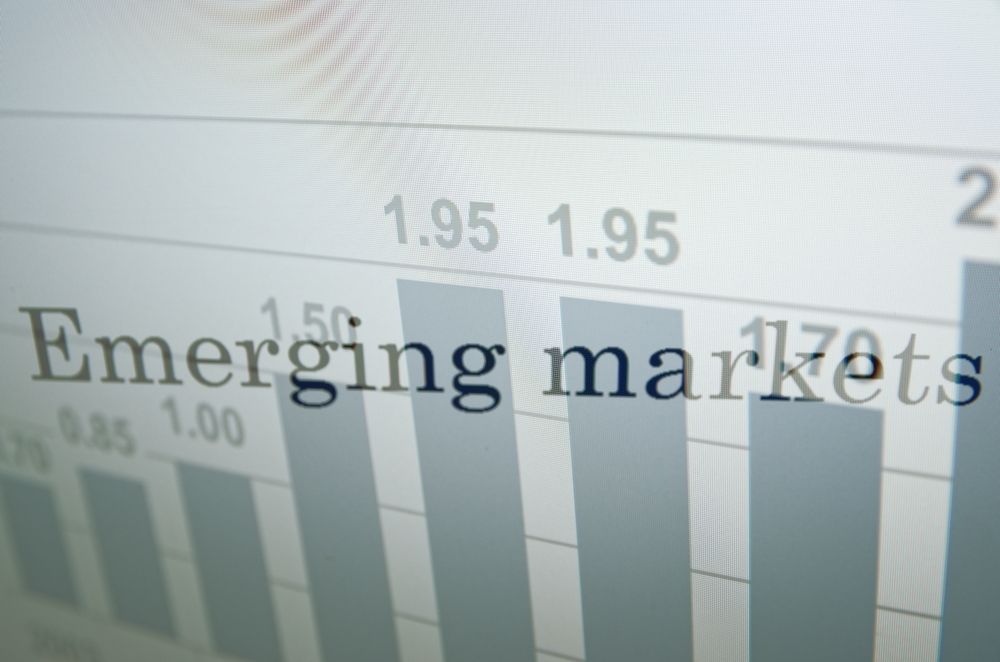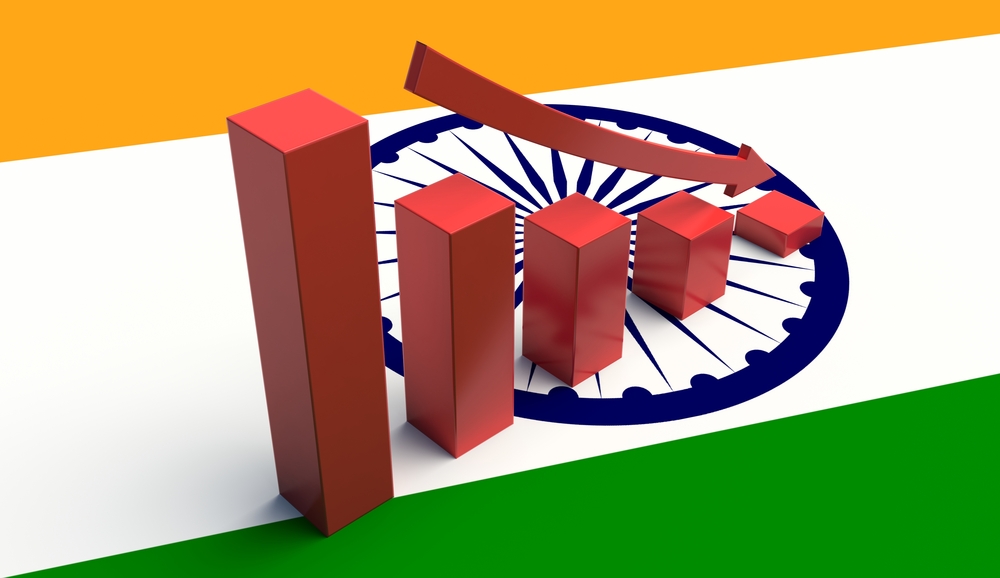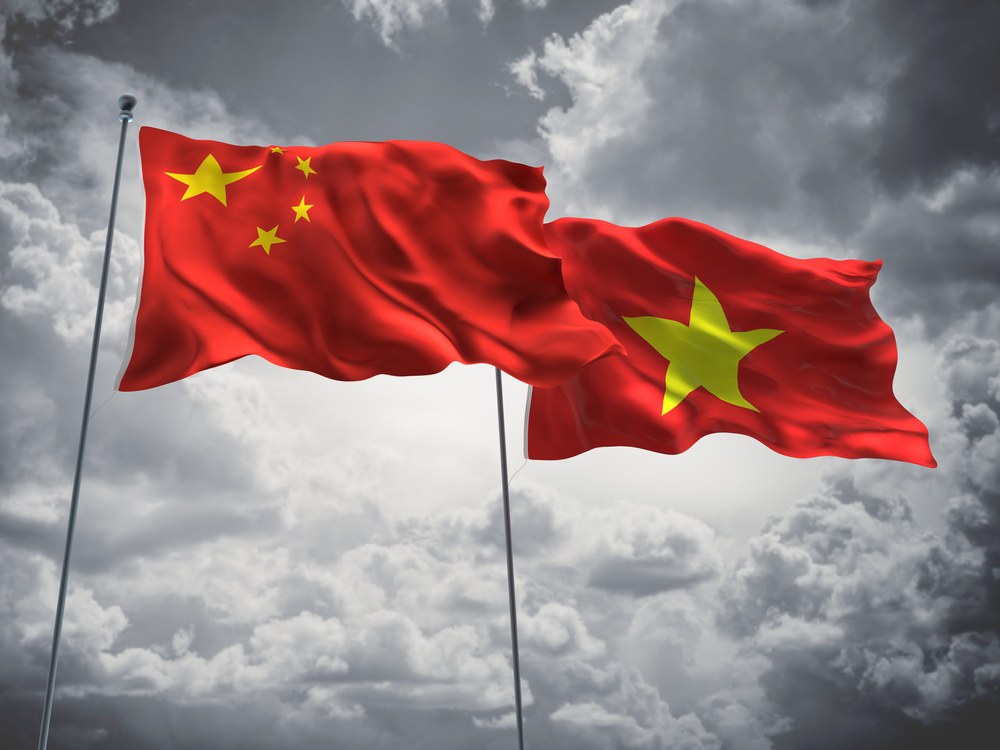Here is Your Brexit Primer
What is the issue? The UK has long had a strained relationship with the EU and has never been comfortable with the ever-increasing drive for greater integration and harmonization of rules and regulations coming from Brussels. As the EU has...
Heavy Data Release, Central Bank Meeting Week in Store for Emerging Markets
EM ended last week on a soft note, due to a variety of both external and internal factors. Firm US data continue to support our call for resumed Fed tightening, and this gave the dollar a bit of a bid. ...
Emerging Market Political Leaders are Making Headlines
1) PBOC appears to have confirmed a somewhat easier monetary stance, 2) Malaysian Prime Minister Najib is consolidating his grip on power, 3) Hungarian central bank Vice Governor Nagy hinted at more rate cuts, 4) Press reports suggest South African...
Update: Abe Moving on after Amari
Another Japanese minister bites the dust with Akira Amari’s resignation from the Shinzo Abe cabinet on 28 January. Yet this time, there may be more repercussions than usual for the government. Ironically, Amari was previously chairman of the ruling Liberal...
India’s SEZs are All the Rage, So Why the Struggle?
Indian Prime Minister Narendra Modi’s signature ‘Make in India’ initiative — which aims to transform India into a global manufacturing hub — specially mentions the importance of special economic zones (SEZs) in attracting foreign investors. However, despite the strong pitch,...
Budget Primer: A Broader Lesson from Singapore’s Reporting
Singapore has regularly reported considerable surpluses in its annual fiscal budget. Budget surpluses have been an essential part of the country’s growth strategy (Asher et al. 2015) as they are perceived to provide a signal of sound public sector financial...
Is China’s Xi on the Correct Economic Path?
President Xi Jinping’s economic thinking – “Xiconomics” – reflects the kind of adjustment that is required by Chinese rebalancing in a challenging international environment. Three years ago, sinologists in the West – led by Barclays Capital – introduced the term...
Can Asian Regional Order Lead to Solid Economic Growth?
The regional order in East Asia is in flux. The relative decline of US power in Asia has led to new challenges. The principles, rules, norms and methods for managing the international agenda are being questioned. The willingness of the...
China’s Rise to Challenge the U.S.
China’s rise as a quasi-superpower represents the most important change in the international system in the 21st century. China is now widely viewed as the de facto strategic rival of the United States and a potential challenger to US global...
A Larger Security Role is Way Off for India
Is India emerging as a great power? French President François Hollande’s recent trip to India included a joint statement with Indian Prime Minister Narendra Modi, which focused on security cooperation. This encouraged some speculative enthusiasm regarding India’s ‘widening role’ in...
It is Still Risk-On for Emerging Markets
We think that it is still too early to say whether Friday's price action was simply profit taking ahead of the weekend, or the resumption of overall negative market sentiment. We think the global backdrop remains conducive for risk, at...
Vietnam’s Doi Moi Policy is in Need of Renewal
The Doi Moi (renovation) policy initiated by the Communist Party of Vietnam (CPV) in 1986 transformed Vietnam’s economy at the time. However, the 30-year-old Doi Moi policies have long run out of steam. If Vietnam wants to catch up with...
India Can Not Afford to Drop the SEZ Ball
India’s Special Economic Zones (SEZ) policy, announced in April 2000, has been the single most important initiative ever taken by the Indian government to promote private investment in industrial activity. It is not the first time that India has tried...
Vietnam’s Big Neighbor Looms Over its Future
After one of the most highly contested Vietnamese Communist Party (VCP) elections to date, the incumbent General Secretary Nguyen Phu Trong was re-elected to the top post of the Vietnamese regime in late January. However, victory in the elections is...
Economically Deprived Philippine Communities Lure Islamic State
Is the so-called ‘Islamic State’ (IS) militant group gaining a foothold in the Philippines? The declaration of the first IS wilayat (province) in Southeast Asia appeared possible after Filipino and Malaysian militants from previously separate jihadist groups pledged allegiance to...

